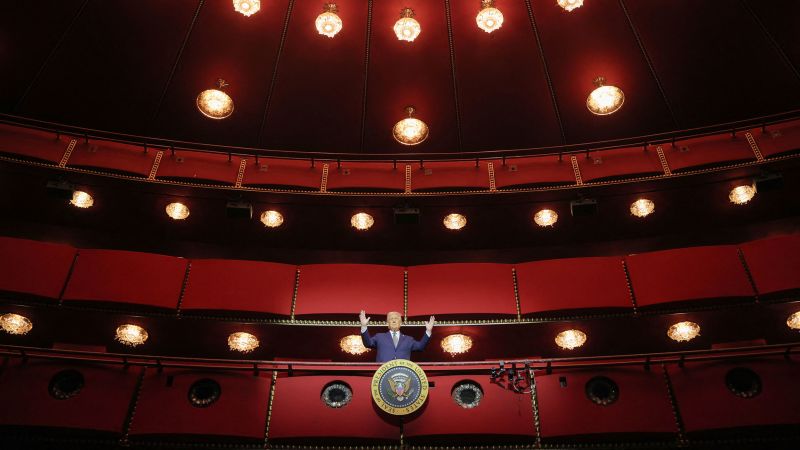The ongoing transformation of access and influence within Washington D.C. under President Donald Trump highlights the deeper intersections of wealth, power, and political affiliation, setting a new standard for elite engagement in the American political landscape. In recent years, individuals and organizations willing to allocate substantial financial resources have discovered an unprecedented level of access to Trump, his administration, and their inner circles, which has led to both opportunities and concerns regarding potential conflicts of interest.
Central to this dynamic is the fact that Trump has opened the White House doors wide for benefactors who contribute significantly to his political apparatus. Businesses with ties to the Trump family actively promote direct access to the President, often in exchange for vast sums of money—raising scrutiny and ethical questions. Moreover, a host of new organizations has emerged in the political arena, specifically catering to ultra-wealthy supporters of Trump, essentially offering networking opportunities and avenues for influence previously reserved for established political circles.
One notable institution impacted by this trend is the Kennedy Center for Performing Arts, which, traditionally a venue for cultural expression, has now become a focal point for Trump’s MAGA agenda. Reports indicate that Trump is pursuing a makeover of this iconic establishment and is actively seeking $250 million in federal funding to realize his vision. This scene is emblematic of the larger shift within Washington over the past few years, as formerly adjacent cultural spaces can now serve as platforms for asserting political identity under Trump’s administration.
For attendees to exclusive events, financial donations appear to correlate directly with access to Trump. For example, later this month, guests donating $2 million to the Kennedy Center can sit next to Trump during a performance of *Les Misérables* and participate in a private reception with him and First Lady Melania Trump. This direct transactional nature of political access, in which monetary contributions lead to opportunities for personal interaction with the President, signifies a shift away from previously established norms.
While Trump’s reemergence to political power has fundamentally altered not just the Republican Party but the entire political ecosystem of Washington D.C., the accompanying blur between personal profits and political access has drawn criticism from government watchdog organizations. As Jordan Libowitz from Citizens for Responsibility and Ethics in Washington noted, there has been a marked increase in brazen displays of this phenomenon compared to the last administration. Moreover, what was once a commitment to accommodating the ethical expectations surrounding foreign dealings appears to have waned, as evidenced by the Trump family’s continued expansion into international ventures.
Notably, Trump’s political fundraising efforts indicate a growing comfort with combining politics and business. For instance, a South Florida event connected to LIV Golf at Trump’s Doral resort was marked by substantial contributions from attendees, further intertwining the influences of business interests with political aspirations. Similarly, Trump’s affiliation with cryptocurrency and a recent push to attract interest in his $TRUMP meme coin signify the larger participation of foreign governments and businesses aiming to align with a Trump-friendly environment.
Corporate executives express interest in the new waves of engagement represented by groups like the American Growth Partnership, which promise privileged insights into the Trump administration’s policies. Membership comes at a high cost, which suggests a new layer of exclusivity and monetary influence. Indeed, the notable financial figures tied to lobbying firms and political donations reflect a distinct departure from earlier standards of political participation, raising important questions about the accessibility and integrity of political avenues for everyday Americans.
Furthermore, venues such as the Executive Branch, a new elite club founded by Trump’s allies, showcase a burgeoning ecosystem that prioritizes engagement outside of traditional political spaces, while also fostering a sense of community among Trump’s supporters. This environment, created to be insulated from media scrutiny and opposition, reflects a shift towards more privatized political gatherings catering directly to the interests of the Trump electorate.
In conclusion, President Trump’s administration is actively redefining the relationship between wealth and influence in American politics, reshaping access to political power in ways that had previously been unimagined. As concerns mount about potential conflicts of interest, the urgency for transparency and ethical accountability has become increasingly pressing, signaling the need for ongoing public discourse on the implications of this transformed political culture.



